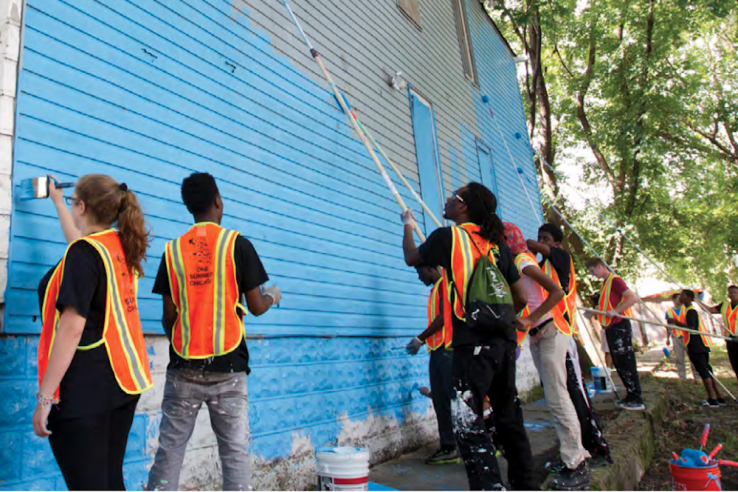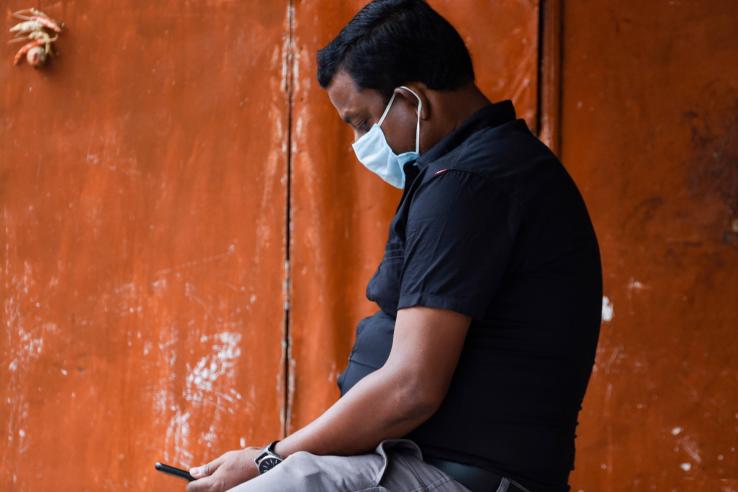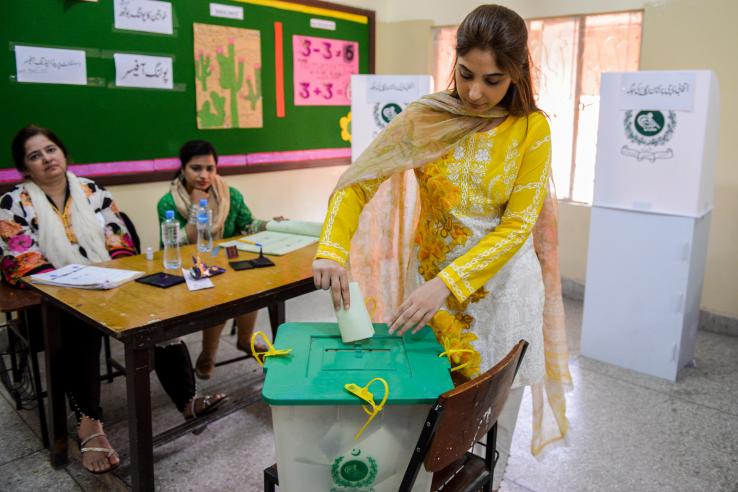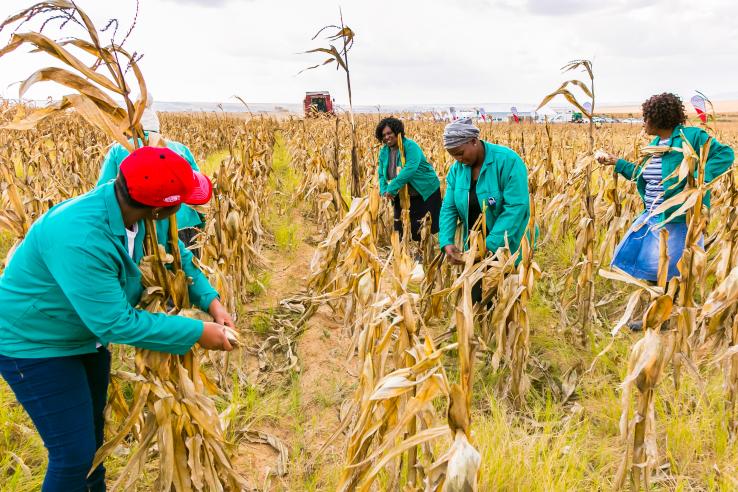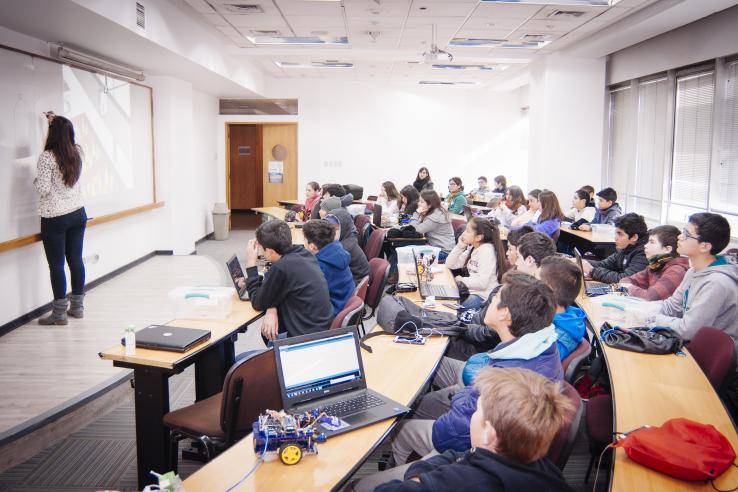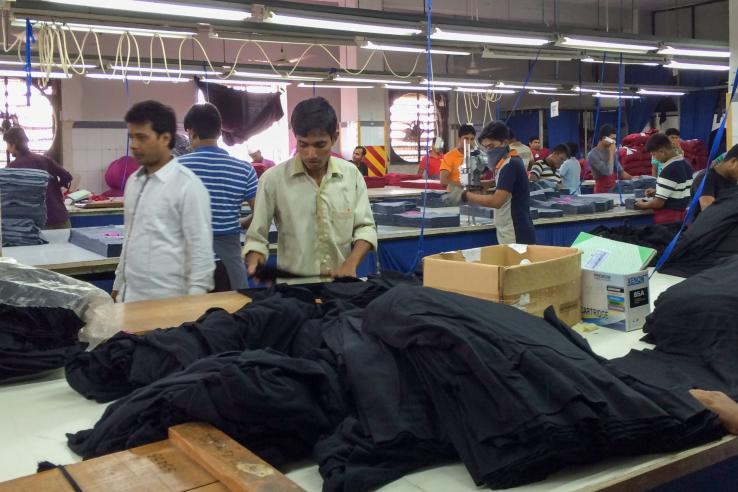Displaying 751 - 765 of 1291
Evaluation
Researchers evaluated whether Boston’s SYEP had an effect on the criminal justice outcomes of participants and sought to gauge the potential mechanisms driving these effects. The program reduced participants’ violent and property crime-related arraignments.
Evaluation
The Covid-19 pandemic has affected health systems and economies across the world. Low-income communities have experienced particularly detrimental impacts, as a lack of financial stability further exacerbated augment the crisis. In partnership with the mental health care center SCARF, researchers are conducting a randomized evaluation among low-income adults in Tamil Nadu, India. Can phone-based psychological first aid and temporary cash transfers boost mental health and resilience among low-income households? Do these interventions also improve people’s capacity to engage in preventive health behaviors in the face of Covid-19?
Evaluation
In Kenya, researchers introduced a messaging campaign on matatus (local buses) to encourage individuals to speak up against reckless driving and reduce road accidents rates. Placing these stickers in the passenger area of matatus decreased insurance claims rates, average speed, and number of road accidents per year.
Evaluation
Researchers evaluated the impact of randomly varied information about candidates’ political connections on voters' beliefs and self-expressed support in the context of a 2015 local election in Sargodha, a district in rural Pakistan. Providing information on candidates’ connectedness increased voters' expressed support for more well-connected politicians.
Evaluation
Researchers randomly assigned automobile manufacturing workers to provide monthly feedback on their managers to measure the impact of feedback on worker productivity, turnover, and job satisfaction in China. Team-level productivity was higher, turnover was lower, and workers’ happiness increased when workers could provide feedback on their managers.
Evaluation
Researchers studied the impact of the gender of communicators on the effects of a program to train farmers to communicate information on agricultural technology to other farmers. While there was no gender gap in communicators’ ability to acquire, retain, and use the information about the technology, other farmers were less willing to learn from female communicators. In spite of this, other farmers learned just as much about the technology and experienced similar farm yields when the communicator role was reserved for women.
Evaluation
Researchers partnered with the Chilean Ministry of Education to evaluate the impact of pre-packaged classroom materials and standardized directions for teachers on teaching quality and student learning. The program improved student learning outcomes substantially, with equal benefits for both boys and girls, and particularly positive impacts for children from higher-income backgrounds.
Evaluation
Evaluation
A researcher partnered with the Alliance for Bangladesh Worker Safety, a consortium formed by US multinational companies, to evaluate the impact of privately enforcing local labor laws on garment factories in Bangladesh. Enforcing the legally-required creation and operation of workplace safety committees increased factories’ compliance with the labor law and some measures of factory safety, without reducing factory efficiency. These effects persisted in the long run and were stronger among factories with good managerial practices.
Evaluation
In partnership with a rural district in Eastern Uganda, researchers are conducting a randomized evaluation to study whether rewarding top-performing teachers with a future posting of their choice incentivizes teachers to improve their attendance and the quality of their teaching.
Evaluation
MDRC partnered with NYC Opportunity, the NYC Human Resources Administration and Food Bank for NYC to design, implement, and evaluate the program. MDRC researchers found that three years of Paycheck Plus in New York City increased income, employment, tax credit receipt, and payment of child support. Research on Paycheck Plus at a second site in Atlanta is still ongoing.
